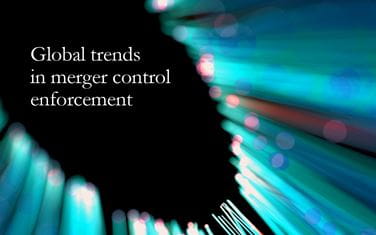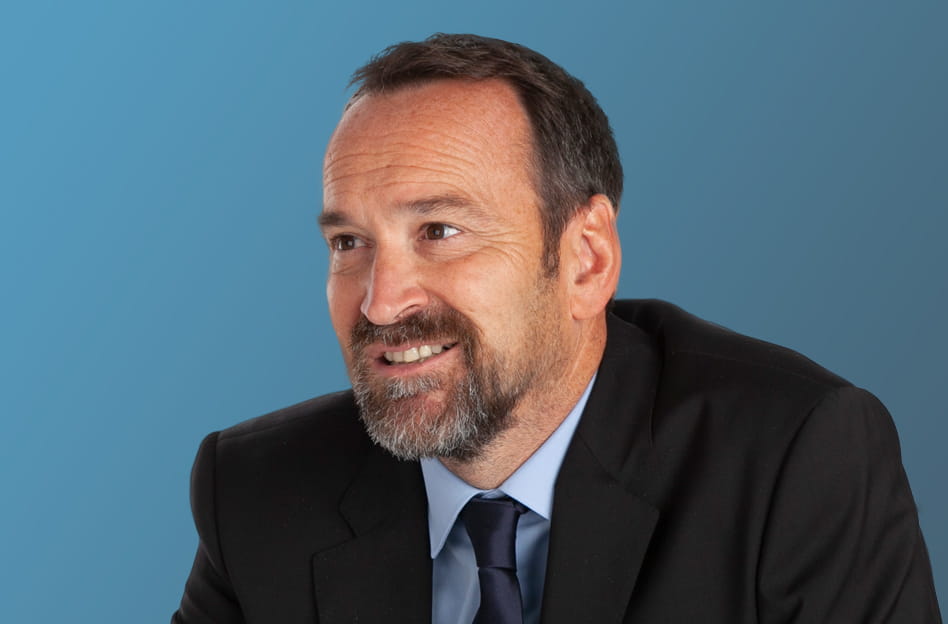

Global cartel enforcement
Antitrust authorities around the world continued to focus on tackling national and international cartels in 2019, with many jurisdictions showing an appreciable upturn in the level of fines compared to those imposed in 2018.
The European Commission (EC) once again topped the global leader board, with fines totalling USD1.6bn (up by 74% from 2018). The U.S., Japan, Germany, Italy and France also saw significant increases in the level of fines imposed in 2018, while a number of authorities with a reputation for aggressive enforcement, including South Korea and Brazil, saw a marked drop in their fine totals.
But behind the numbers sit several major questions, the answers to which may impact international cartel enforcement in the future:
- Will the ever-increasing spread of private damages actions, including a wave of claimant actions in Europe following on from the EC’s Trucks and Forex decisions, ultimately make leniency an unattractive proposition?
- Does the broad use of settlement agreements, and the lower fines they deliver, reduce the need for an ex ante leniency strategy?
- Will there be a political will to focus in the future more on domestic cartels rather than international cartels?
“The digital economy will continue to dominate the global antitrust debate. Regulatory scrutiny of the use of artificial intelligence and algorithms in business practices is expected to increase, while antitrust authorities continue to consider whether reform of existing laws is necessary to deal with the challenging issues raised by increasing digitalisation.” Philip Mansfield , Partner, Global antitrust group
Hot topics 2020
Digital, digital, digital…
Digital markets and platforms are expected to continue to dominate the antitrust debate in 2020 – particularly in Europe where EU Competition Commissioner Margrethe Vestager’s portfolio has been expanded to include both Competition and Digital Markets – as authorities around the world increase their focus on the use of data, AI and algorithms.
Discussion as to whether existing legal antitrust ‘tool kits’ are sufficient to deal with issues raised by the digital economy, or whether radical reworking or new alternatives are needed, is likely to intensify. Consumer and data protection issues will be a vital part of the debate.
Many authorities, including those in Australia, South Korea, Taiwan, France and the UK, are introducing specialist digital units and are harnessing new technologies to improve their detection and investigation capabilities. Compliance initiatives by corporates are already adapting in response.
‘Gold standard’ compliance
Antitrust authorities are now frequently giving greater guidance on what constitutes effective compliance, with the overarching need for robust compliance to be firmly embodied in corporate culture.
Certain regimes – such as those in Australia, the UK and the U.S. - give credit (in the form of a fixed or percentage reduction in a penalty) to companies with an effective antitrust compliance programme, while some authorities impose a requirement to implement/maintain a compliance programme as part of their sanction (e.g. Chile).
We expect policies of this type will continue to be used by enforcers in 2020 to encourage more widespread compliance efforts.
Procedural fines on the increase
Perhaps as a reaction to companies demonstrating less of an appetite to cooperate with cartel investigations – or as a sign of an increasingly aggressive position taken by some regulators in the face of fewer cases – 2019 saw a marked increase in antitrust authorities taking action against companies and individuals for breaching procedural requirements to produce documents or data or co-operate with investigations, e.g., Colombia, Latvia, the Netherlands, Lithuania, the UK, France, and Russia.
Some of the fines were significant (e.g., EUR1.84m in the Dutch case) and the Latvian fine was imposed several years after the breach. In Australia, in the on-going BlueScope case, criminal charges have also been brought against an individual for his part in obstructing the ACCC’s investigation.
The rise of innovation-based theories of harm
Although ‘classic’ cartel offences such as bid-rigging, information exchange, price fixing, and market sharing, remained the primary enforcement focus in 2019, there are indications that in 2020 authorities will be investigating companies for less familiar, and potentially novel, theories of harm.
The EC is already looking into alleged co-ordination between German car manufacturers accused of delaying innovation around emissions technologies (which has sparked a parallel probe in China), which suggests greater scrutiny of industry collaborations on R&D and technical matters in the future.
Companies may therefore need to extend their compliance efforts beyond traditional ‘high risk’ areas to include new strategic risk areas.
Facilitator liability
'Facilitators' of cartels remain in the headlines as the European Court of Justice (ECJ) this year upheld the General Court’s decision to quash on procedural grounds fines imposed by the EC on ICAP in 2017 for its role as a facilitator in the LIBOR and TIBOR cases (discussed in last year’s Report).
This does not take away from the fact, however, that agencies will prosecute facilitators, as well as ‘participants': in the UK, the energy regulator Ofgem, using its competition enforcement powers, fined a software and consultancy provider for its role in developing and providing software to two rivals allowing them to monitor each other’s customer lists.
Companies acting as intermediaries need to monitor carefully whether the services they provide could potentially fall foul of antitrust laws, even when they are not active in the markets concerned.
Individual liability
A number of authorities have declared an intent to increase enforcement against individuals who have been involved in cartel activity.
The UK’s Competition and Markets Authority (CMA), for example, has drastically increased the number of actions against directors of companies involved in cartel conduct, securing nine disqualifications in 2019.
In Russia, Federal Anti-Monopoly Service introduced a draft law which would see criminal liability and custodial sentences imposed for directors and major shareholders of companies found to have engaged in cartel conduct.
In 2019, the Canadian Competition Bureau and the DOJ secured penalties against individuals involved with companies participating in bid-rigging schemes, while in Spain, a judgment of the Supreme Court significantly lowered the legal threshold required to prove a director had been involved in anti-competitive conduct, opening the door to further enforcement.
China has also recently proposed draft legislation introducing the possibility of personal liability and criminal sanctions.
Incentivising whistle-blowers
As the rate of leniency applications falls in some jurisdictions, authorities are looking for new ways to sufficiently incentivise the reporting of illegal cartel activity.
A whistle-blowing tool for individuals is an increasingly popular option, and is already established in Australia, the EU, Hungary, New Zealand, Poland and the UK. China’s SAMR is introducing new whistle-blowing provisions, while the Lithuanian authority introduced in 2019 a reward-based system, calculated as a percentage of the final fine.
Crackdown on bid-rigging purchasing alliances
Enforcers have continued to prosecute bid-rigging across a broad range of sectors. The DOJ launched an inter-agency ‘Procurement Collusion Strike Force’; the Spanish authority held for the first time that entities found to be involved in bid-rigging would be automatically banned from participation in public tenders (Korea operates a similar ‘points-based’ system for repeat offenders); Brazil issued fines of BRL535m (USD136m) in the ‘subway cartel’ and banned participants from public tenders; and the CMA and the Portuguese authority highlighted the issue as a priority focus area.
Numerous publicly announced investigations and dawn raids indicate that cartel enforcement of bid-rigging is likely to remain in the global spotlight in 2020. Enforcement against purchasing alliances also came sharply back into focus in 2019: the EC, French and Belgian authorities opened probes into purchasing cartels in the retail sector and investigations are on-going in Germany (auto steel), the Netherlands (agriculture), and at the EC level (batteries).
Download full report

Key contacts
Previous reports

Global trends in merger control enforcement
Read our insights on other key issues

National interest screening: a growing challenge for international transactions?
The proliferation of merger control regimes around the world – and the resulting need to consider potential notification requirements in multiple jurisdictions – poses an increasing burden for businesses seeking to make international mergers and acquisitions.
Global M&A Insights: our deal-making predictions for 2023

Follow us on Twitter
Follow our Antitrust Twitter account for global perspectives and local insights on antitrust and regulation.





